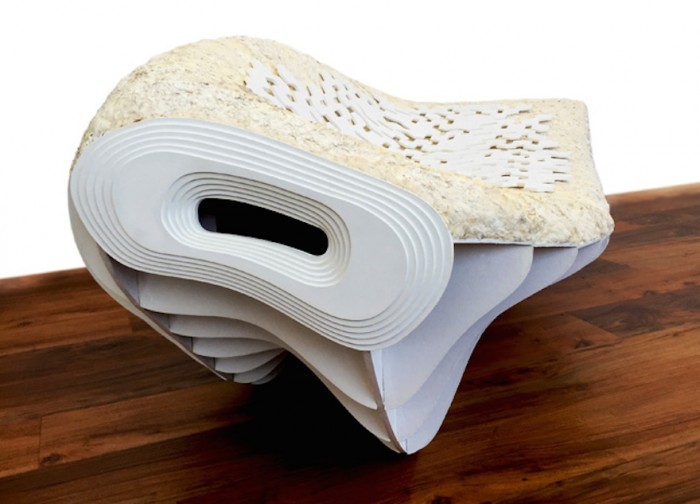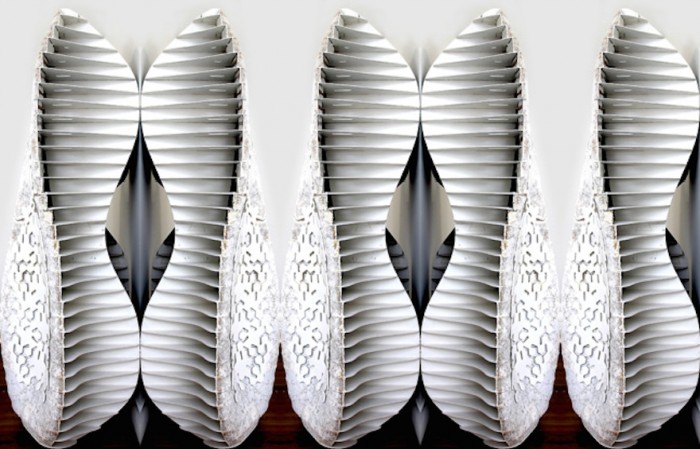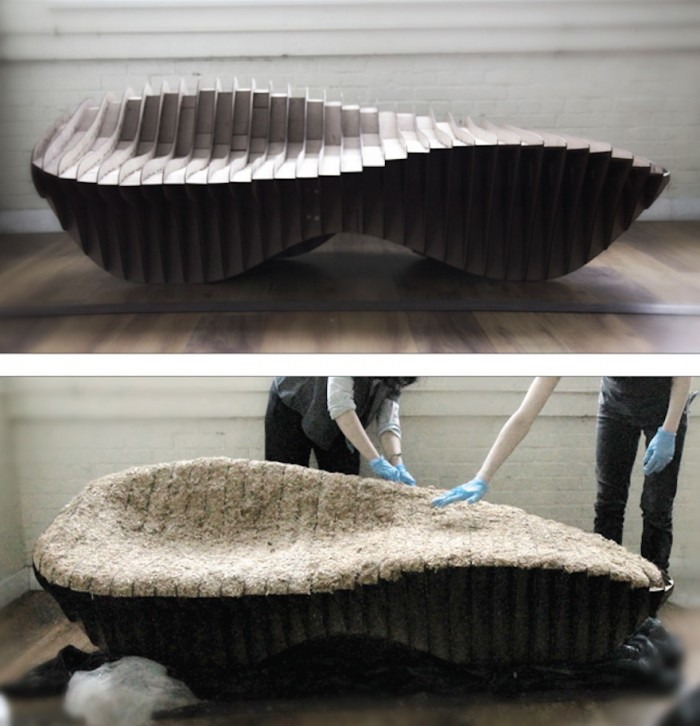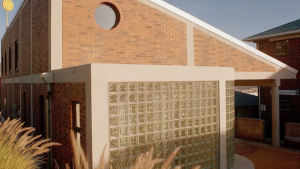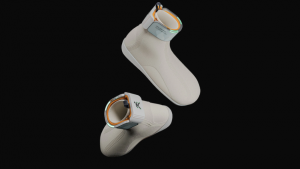Our homes, furniture, and possessions could one day become part of the natural order. New York-based non-profit organisation Terreform ONE in collaboration with Genspace, have designed a series of benches made from organic materials that decompose once placed in a biological environment.
The prototypes form part of a series of experiments with biologically produced furniture that is grown rather than manufactured in the traditional sense.
To make the chairs, a material called Mycoform, which is a combination of mushrooms, wood chips and oat bran – toughened by a fungus called Ganoderma lucidum – is surrounded by an external skin of bacterial cellulose. This creates a hard biopolymer suitable for furniture creation and possibly architecture.
The design for the furniture is created using digital programming that predicts the material’s behaviour and shape before it is cut. Terreform ONE describes the process as low-tech, low-energy and pollution-free.
“This low-tech, low energy process is pollution free, and contains a low embodied energy as part of a local ecosystem,” writes Terreform ONE. “The technology is easily transferable to the developing world. At the end of the useful product life cycle, Mycoform can be composted and safely reintroduced back into the environment, where it can be naturally biodegraded.”

